Niacin XR Oral Pill
$13.99
SYNONYM:NICOTINIC ACID; VITAMIN B3; VIT-B3; Common Brand Name(s): ENDUR-AMIDE, ENDUR-ACIN, SLO-NIACIN, NIASPAN
Manufactured
Strength : 250 mg XR Cap 100 CT +$3.40
Unit : Pack Size
Introduction
Niacin (nicotinic acid) is used to prevent and treat niacin deficiency (pellagra). Niacin deficiency may result from certain medical conditions (such as alcohol abuse, malabsorption syndrome, Hartnup disease), poor diet, or long-term use of certain medications (such as isoniazid). Niacin deficiency can cause diarrhea, confusion (dementia), tongue redness/swelling, and peeling red skin. Niacin is also known as vitamin B3, one of the B-complex vitamins. Vitamins help to support the body’s ability to make and break down natural compounds (metabolism) needed for good health. Niacinamide (nicotinamide) is a different form of vitamin B3 and does not work the same as niacin. Do not substitute unless directed by your doctor. Check the ingredients on the label even if you have used the product before. The manufacturer may have changed the ingredients. Also, products with similar names may contain different ingredients meant for different purposes. Taking the wrong product could harm you. Niacin is used with a proper diet and exercise program to help lower bad cholesterol and fats (LDL, triglycerides) and raise good cholesterol (HDL) in the blood. It is generally used after non-drug treatments have not been fully successful at lowering cholesterol. Niacin is also known as vitamin B-3 (nicotinic acid), one of the B-complex vitamins. It may be used with or without other medications. Lowering bad cholesterol/triglycerides and raising good cholesterol helps prevent strokes and heart attacks. Lowering fats may also help reduce the risk of pancreas problems (pancreatitis) in people at risk. In addition to eating a proper diet (such as a low-cholesterol/low-fat diet), other lifestyle changes that may help this medication work better include exercising, losing weight if overweight, and stopping smoking. Consult your doctor for more details.
Side Effects of Niacin XR Oral Pill
Flushing/warmth in the face and neck, headache, itching, burning, sweating, chills, or tingling may occur within 20 minutes to 4 hours of taking this medication. Flushing may persist for a few hours. These effects should improve or go away as your body adjusts to the medication. Stomach upset, heartburn, nausea, vomiting, and diarrhea may also occur. If any of these effects persist or worsen, tell your doctor or pharmacist promptly. To reduce the risk of dizziness and lightheadedness, get up slowly when rising from a sitting or lying position. This is very important if you are also taking medication to lower your blood pressure. Remember that your doctor has prescribed this medication because he or she has judged that the benefit to you is greater than the risk of side effects. Many people using this medication do not have serious side effects. Tell your doctor right away if you have any serious side effects, including: severe dizziness/fainting, fast/irregular heartbeat, severe headache (migraine), unusual joint pain, swelling of legs/arms, vision problems, severe stomach/abdominal pain, black stools, easy bruising/bleeding, unexplained muscle pain/tenderness/weakness, persistent nausea/vomiting, signs of kidney problems (such as change in the amount of urine), dark urine, vomit that looks like coffee grounds, yellowing eyes/skin. A very serious allergic reaction to this drug is rare. However, get medical help right away if you notice any symptoms of a serious allergic reaction, including: rash, itching/swelling (especially of the face/tongue/throat), severe dizziness, trouble breathing. This is not a complete list of possible side effects. If you notice other effects not listed above, contact your doctor or pharmacist. In the US – Call your doctor for medical advice about side effects. You may report side effects to FDA at 1-800-FDA-1088 or at www.fda.gov/medwatch. In Canada – Call your doctor for medical advice about side effects. You may report side effects to Health Canada at 1-866-234-2345.Flushing of the face and neck along with warmth, headache, itching, burning, sweating, chills, or tingling may occur within 2-4 hours of taking this medication. Flushing may persist for a few hours after use. These effects should improve or go away as your body adjusts to the medication. Dizziness, stomach upset, heartburn, nausea, vomiting, and diarrhea may also occur. If any of these effects persist or worsen, tell your doctor or pharmacist promptly. To reduce the risk of dizziness and lightheadedness, get up slowly when rising from a sitting or lying position. This is very important if you are also taking medications to lower your blood pressure. Remember that your doctor has prescribed this medication because he or she has judged that the benefit to you is greater than the risk of side effects. Many people using this medication do not have serious side effects. Tell your doctor right away if you have any serious side effects, including: severe dizziness/fainting, fast/irregular heartbeat, severe headache (migraine), unusual joint pain, swelling of legs/arms, vision problems, severe stomach/abdominal pain, black stools, easy bruising/bleeding, unexplained muscle pain/tenderness/weakness, persistent nausea/vomiting, signs of kidney problems (such as change in the amount of urine), dark urine, vomit that looks like coffee grounds, yellowing eyes/skin. A very serious allergic reaction to this drug is rare. However, get medical help right away if you notice any symptoms of a serious allergic reaction, including: rash, itching/swelling (especially of the face/tongue/throat), severe dizziness, trouble breathing. This is not a complete list of possible side effects. If you notice other effects not listed above, contact your doctor or pharmacist. In the US – Call your doctor for medical advice about side effects. You may report side effects to FDA at 1-800-FDA-1088 or at www.fda.gov/medwatch.
Product Purchase : $13.99 / Pack Size
Be the first to review “Niacin XR Oral Pill” Cancel reply
Related products
GENERIC OTC
GENERIC OTC
GENERIC OTC
GENERIC OTC
GENERIC OTC
GENERIC OTC
GENERIC OTC
GENERIC OTC


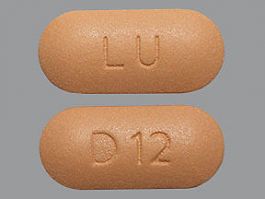
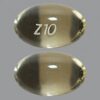
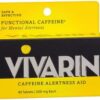
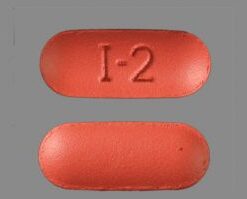

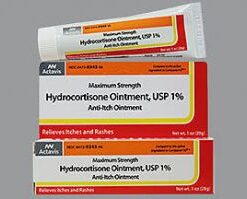
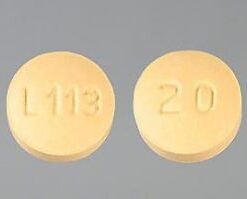
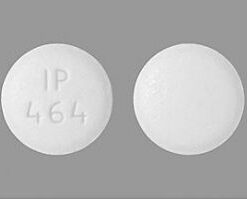
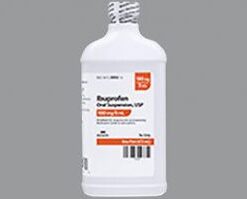
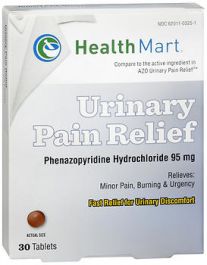
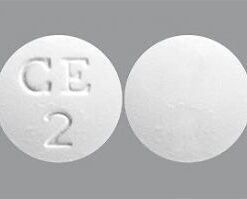
13 reviews for Niacin XR Oral Pill
There are no reviews yet.